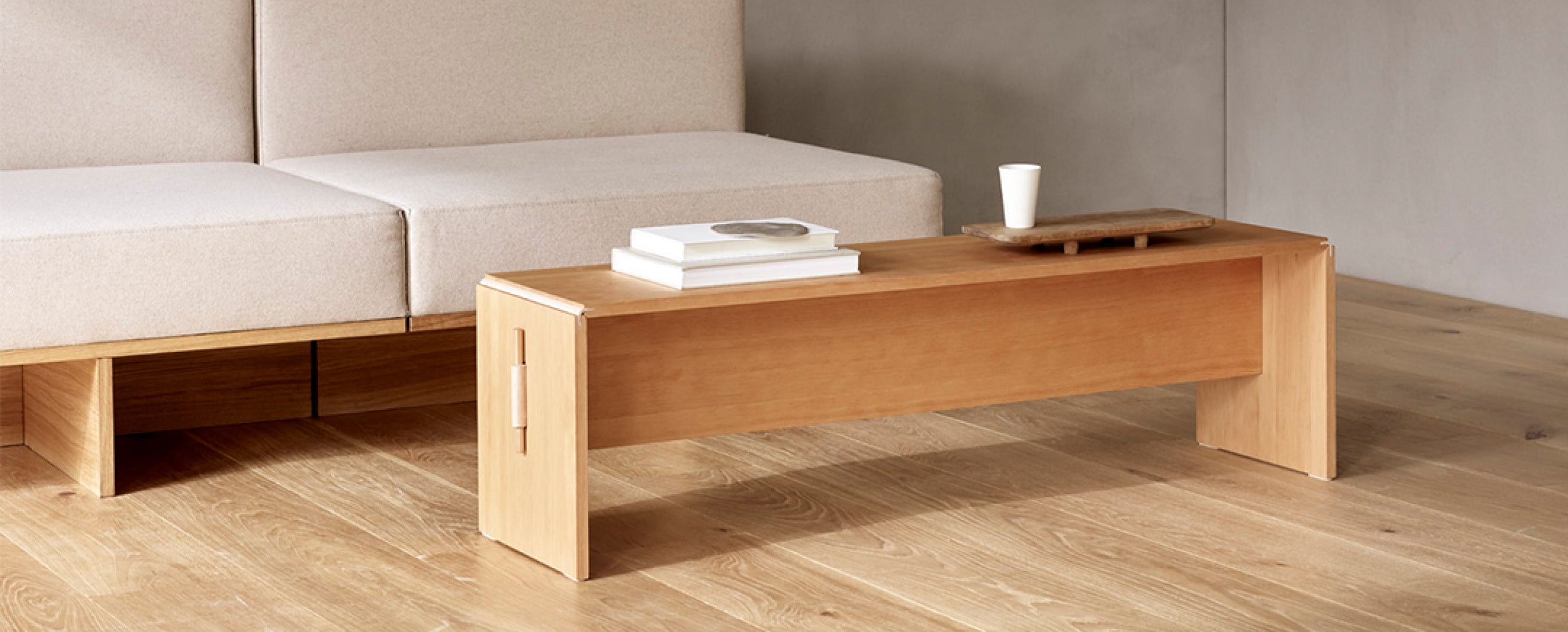
About 
TAKT is on a mission bringing refined high-quality design to more people in sustainable, transparent and innovative ways - for the mutual benefit of both people and the planet.
TAKT is the furniture company rethinking the way to design, build and sell furniture and is already sold worldwide.
“TAKT builds on the best from the past with the innovations of today so more people can enjoy high quality design"
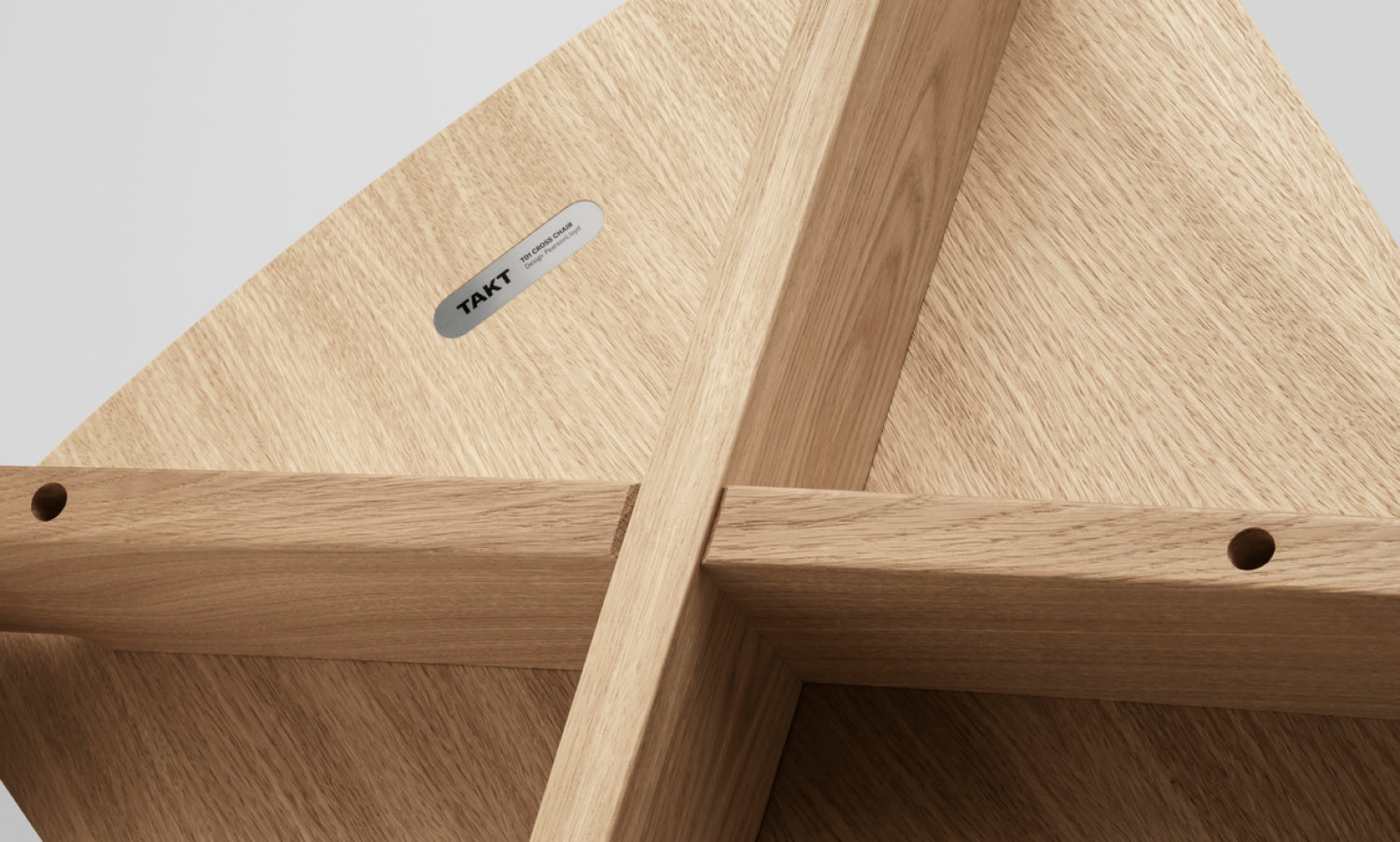
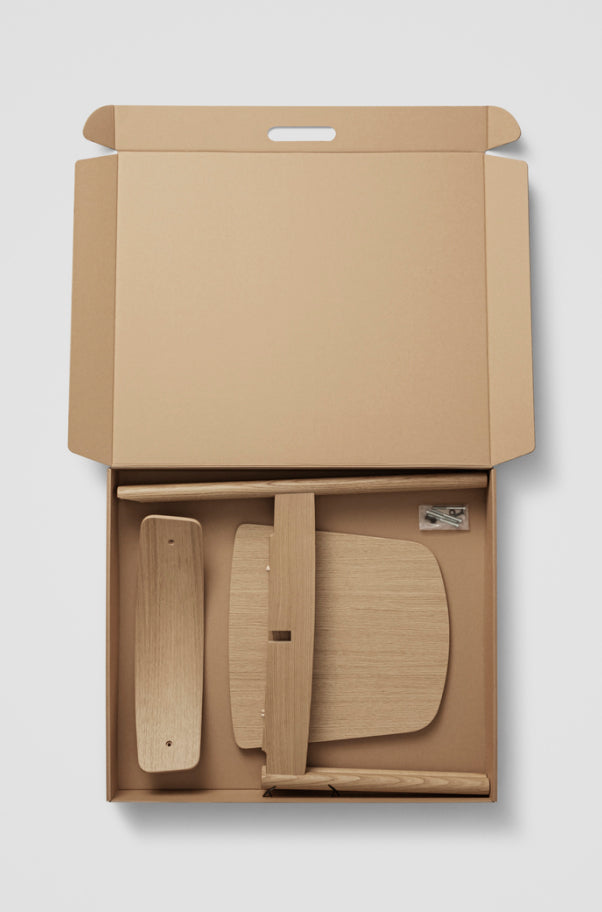
Danish Design with Global Outlook
TAKT revives the Scandinavian design ideal, that good design should be for everybody and will strive to realise this by meticulously rethinking how to make and sell furniture - using the best ideas from the past and the innovations from today for a more sustainable future.
Contemporary furniture design should be a place where the past meets the present. At the same time, it must point forward towards what is yet to come. We can learn from the ones we now know as classics and the ideology behind them as we set out to design new works that are uniquely of our time.

Slow Craft Meets Modern Tech
To make good industrial products TAKT believes it is a prerequisite that the craft is present at all levels. Modern industrial production methods offer an abundance of opportunities for stable and efficient production, but craft and quality can be hard to recognise in this context. Yet, TAKT maintains that these concepts are central to the development of strong heritage.
TAKT see the skilled craftsperson as the link between designer, product and industrial production process, and believe that insight into and experience with craft is vital for making good industrial products. We experience the world through our senses, and in this dialogue, there is an exchange between our personal perception and a world of impressions and tactile experiences.
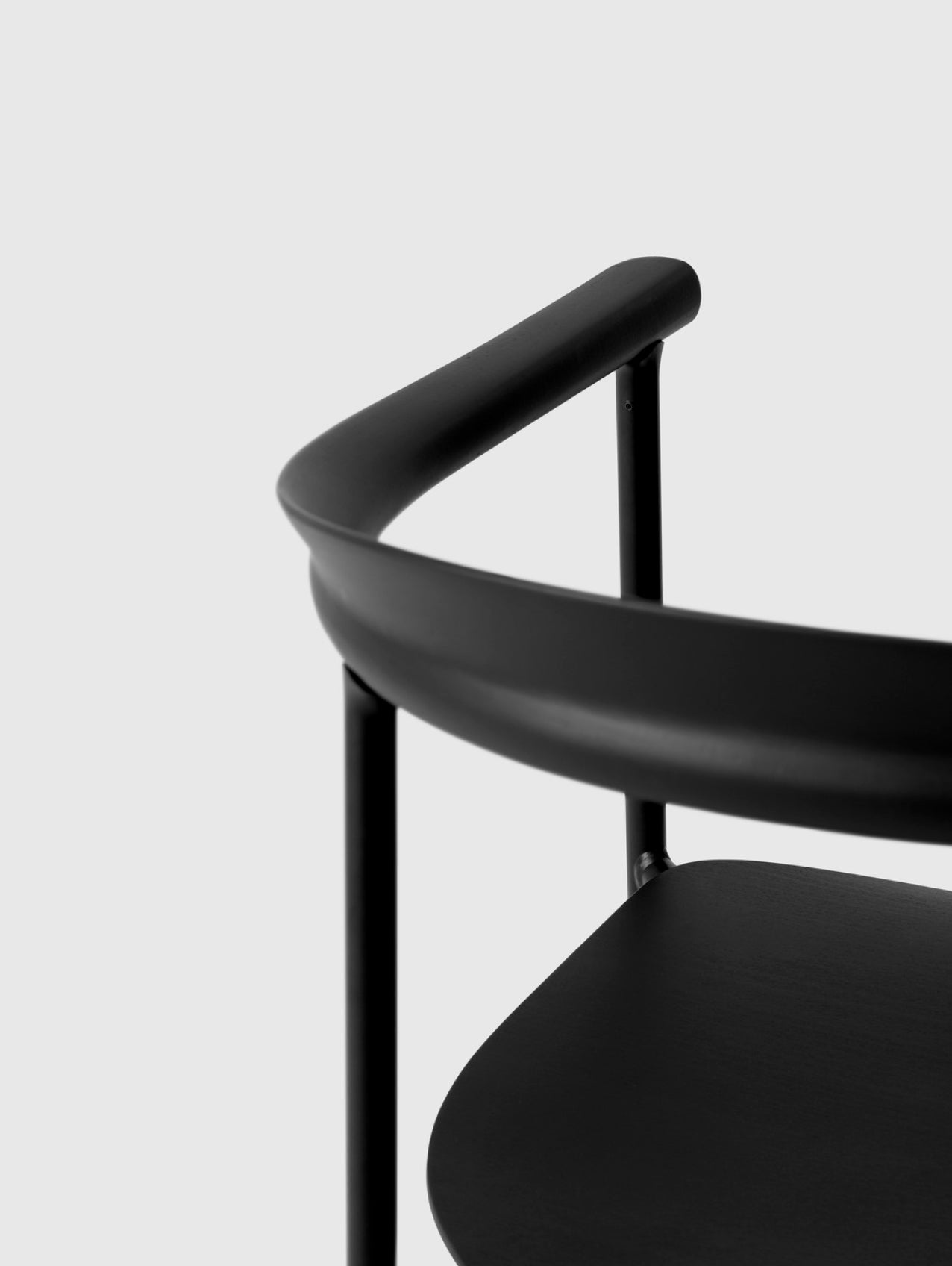
Live Sustainably
All TAKT products are 100% eco-certified for the benefit of you, your family and the planet.
TAKT only use wood from sustainable forests, that are given time to naturally regenerate while localwildlife is sustained and worker conditions are balanced.Products are constructed and tested for durability and have five-year warranty. They can be separated out into key materials for recycling and worn parts can be replaced.
Our need for new furniture and good design, supporting daily needs, will continue to evolve, as our lifestyle changes. We shouldn’t stop improving our everyday lives and design new furniture. Instead, we ought to produce, distribute and consume with greater care. Good design must continue to bring joy and presence.
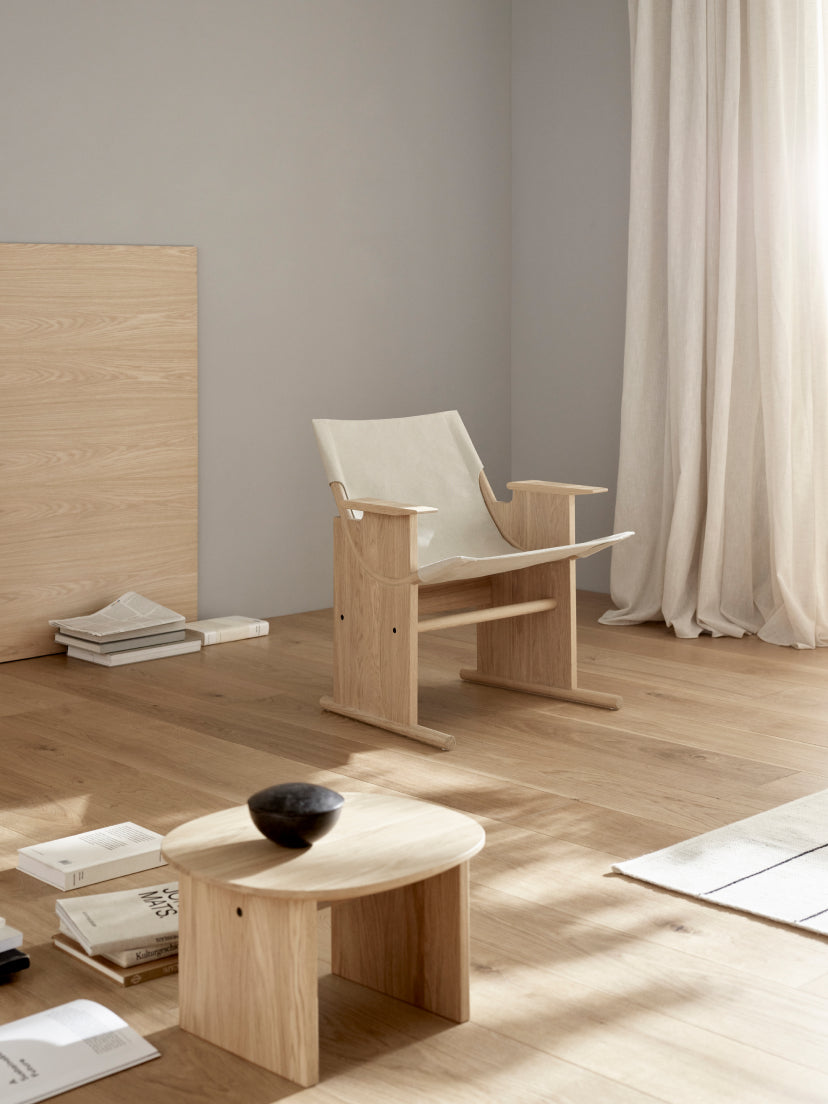
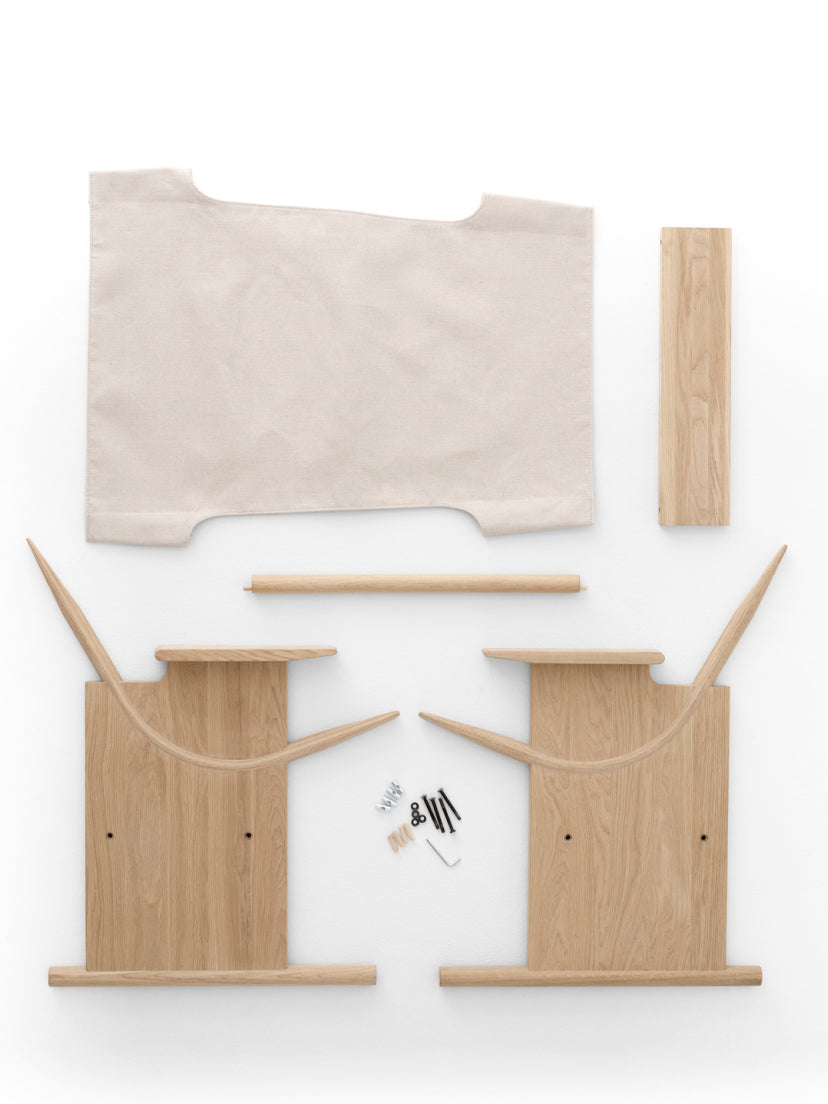
All products are properly eco-labelled
All TAKT furniture has been certified with the EU Ecolabel and are produced using wood from FSC-certified sustainable forests and other controlled material.
See more details
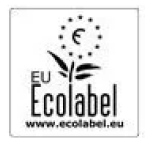
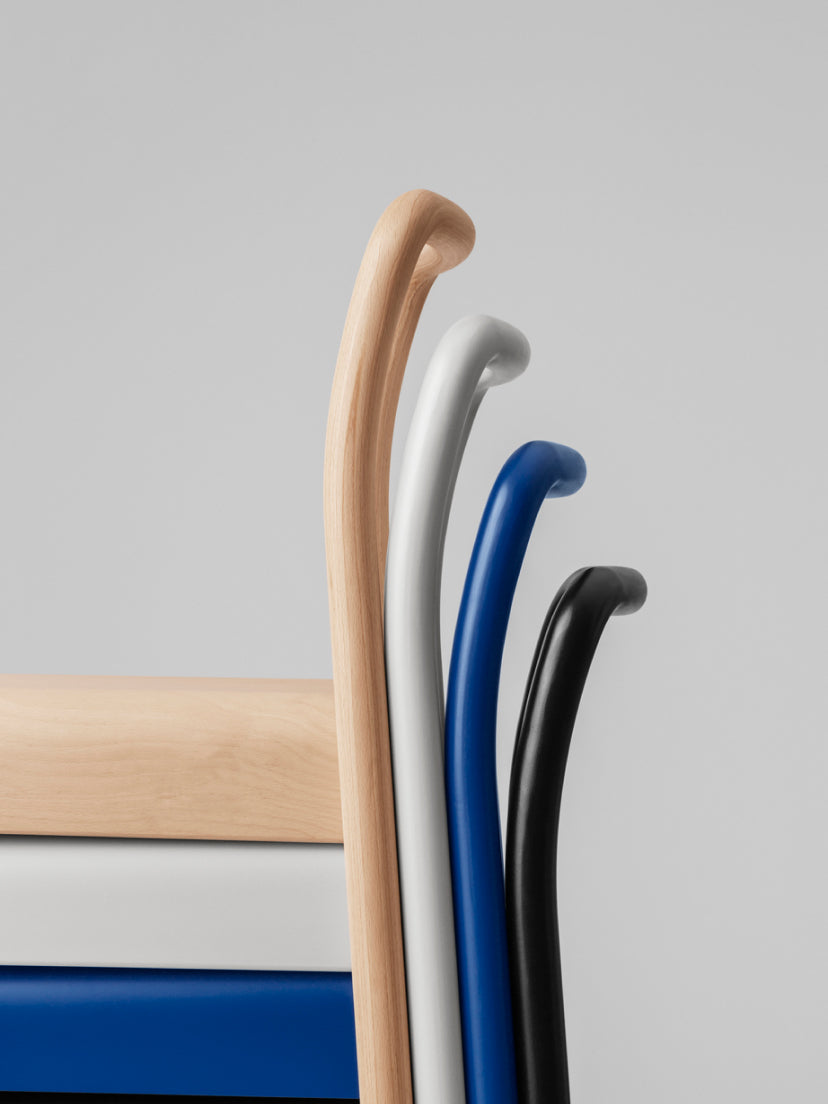
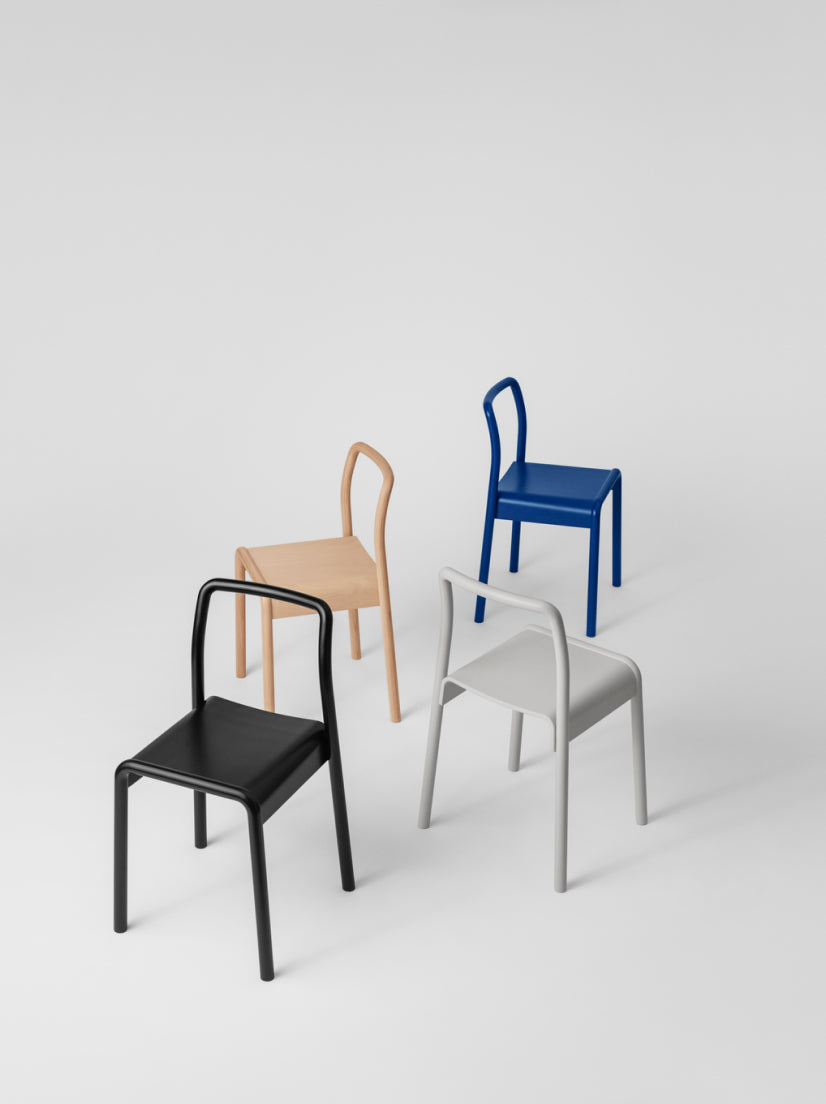
TAKT is a Certified B Corp
TAKT thinks businesses should be a force for good, and think that business can accelerate positive change.
Certified B Corporations are businesses that meet the highest standard of transparency, responsibility, sustainability and performance - with the aim of generating value for the business as well as the society and environment to balance profit and purpose.

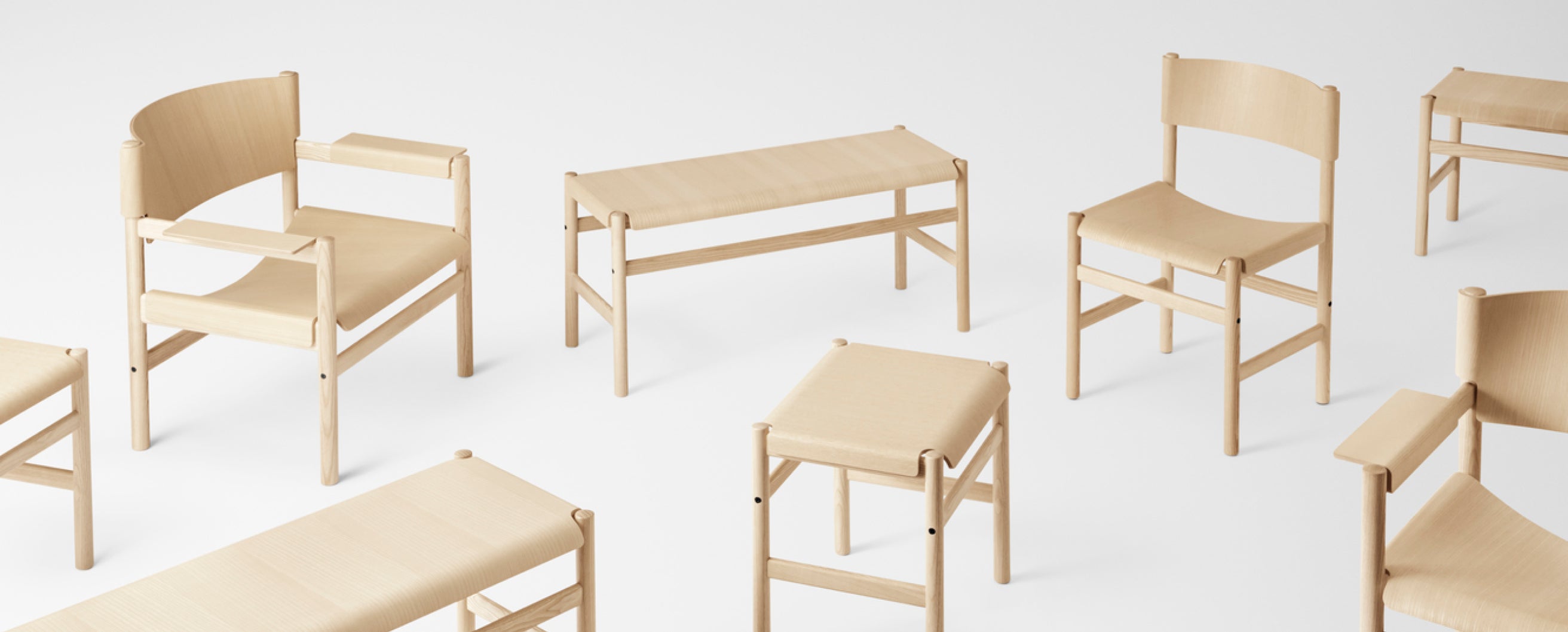
TAKT Eco System Design Principles
TAKT design principles allows to consistently focus on the right things when developing new products. They act as positive resistances to help unleash creativity in a focused way. They help to ensure that the right problems are solved, and that circularity and sustainability become an integrated part of the design.
-
1
Be truly useful
-
2
Must have clarity in design
-
3
Have presence and personality
-
4
Be made from good and honest materials that age with beauty and have minimal environmental impact
-
5
Be constructed for durability
-
6
Have traceable and certified manufacturing and material sourcing
-
7
Be packaged for minimal environmental transport impact and damage
-
8
Be delightful to assemble by the user
-
9
Be easily repaired by replaceable components
-
10
Be properly recyclable by disassembly into key materials
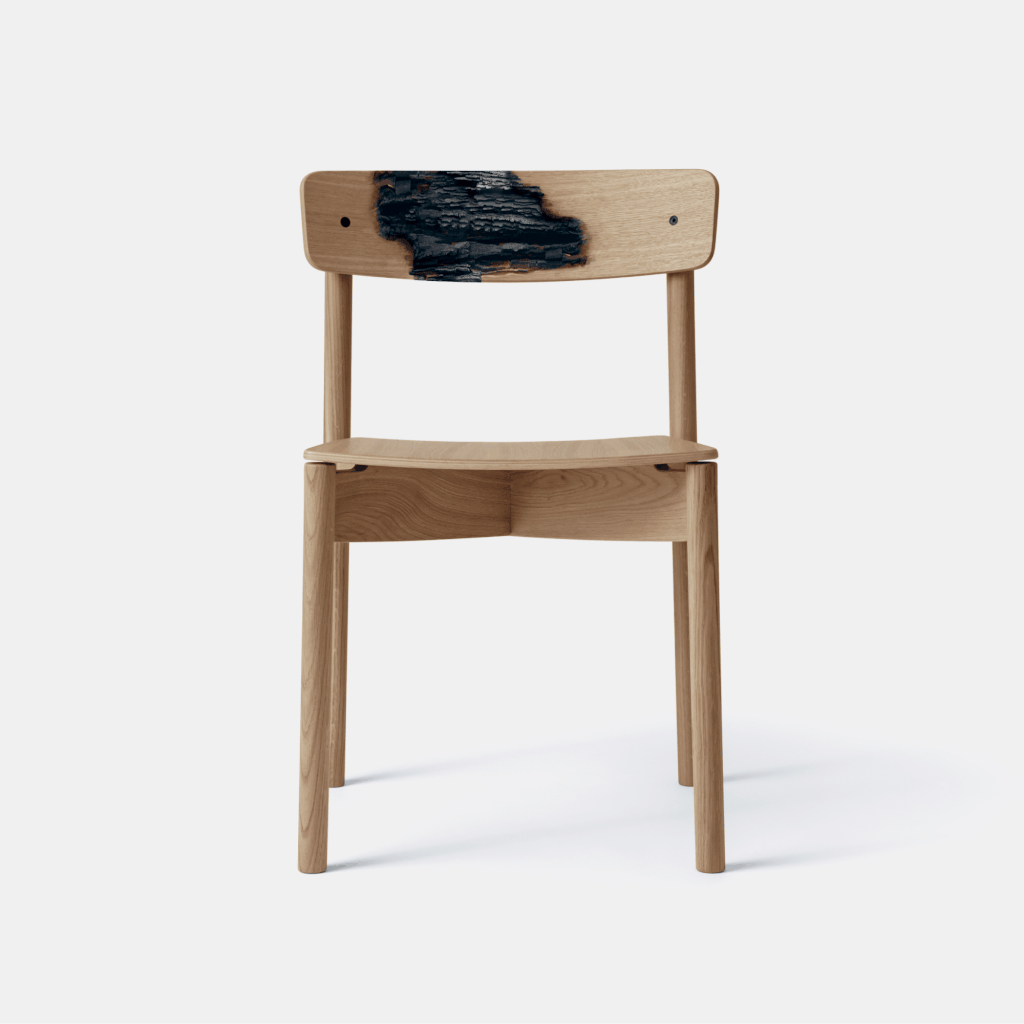
Climate Compensated Products
TAKT establish transparency to the carbon footprint during the full life cycle of each product - from materials, production, transport, use and disposal, and continue working on reducing and offset what is still left with carbon-reducing activities emissions. The approach is aligned with ‘The Oxford Offsetting Principles’ published by Oxford University in 2020 as credible guidelines to help ensure that offsetting actually helps to achieve a net zero society.
Perpetual Sustainable Design
TAKT is committed to breaking the unhealthy throw-away culture around furniture, because they believe that furniture is not disposable. This is why all TAKT furniture is designed for repair. Furniture should be loved, cared for and handed down to future generations.
TAKT call it perpetual sustainable design. The component-based design approach takes everyday life into consideration. If any part of your TAKT furniture needs to be replaced, we stock it so that your furniture could last forever.
Cases
TAKT products are currently sold and used in contract projects around the world. Please explore selected cases for inspiration. For inquiries about projects and customised solutions feel free to contact us at info@sitwell.jp.
Designers
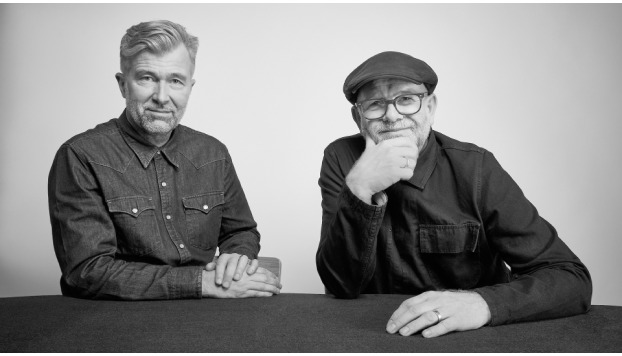
Pearson Lloyd
Pearson Lloyd is a London-based design studio founded by Luke Pearson and Tom Lloyd.
They have worked with many global companies, including Walter Knoll, Lufthansa, Virgin, Steelcase, and Kvadrat, and have been one of the most influential design teams, creating furniture, workplace products, and environments for over 25 years.
Their creative work is driven by a relentless quest to understand and interpret the ever-changing world environment and society.
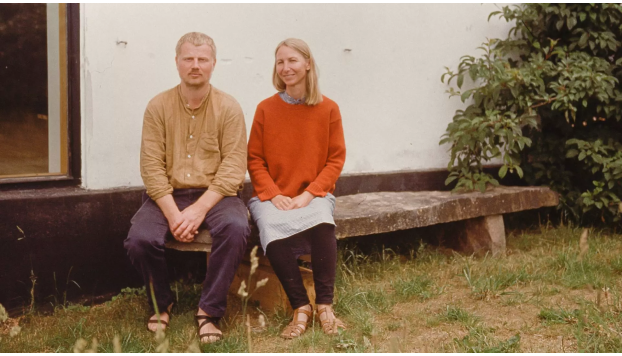
Depping & Jørgensen
The Danish designers Line Depping and Jakob Jørgensen have been working together since 2010 in the fields of design, sculpture and art.They understand materials and structures through experimental activities in their workshop on the Danish island of Bornholm, and they explore solutions for manufacturing the beautiful sculptural forms they create with industrial machines.
They won the Finn Juhl Prize in 2015.
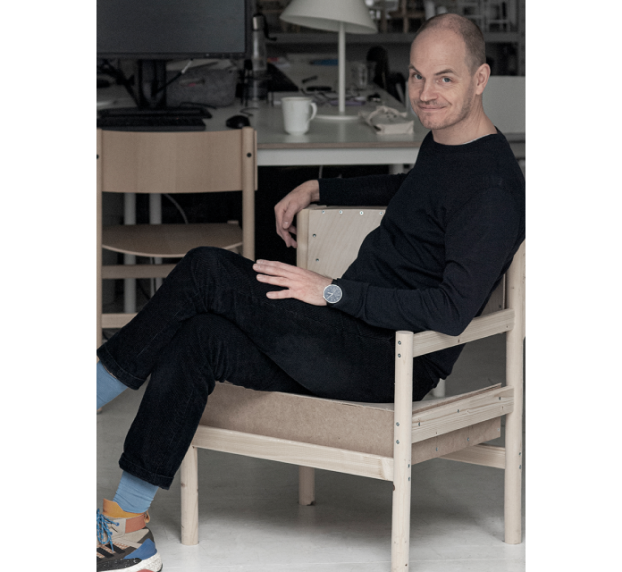
Thomas Bentzen
Thomas Bentzen established his own studio in Copenhagen in 2010. Rooted in the Danish design tradition and with a background as a craftsman, Thomas Bentzen is a designer whose products are characterised by simple, rational, and functional products.
He is always investigating the possibilities and limitations of materials and the production technology behind the materials, creating all kinds of models to pursue his designs.
To him, the correct industrial production is the very essence of craftsmanship.
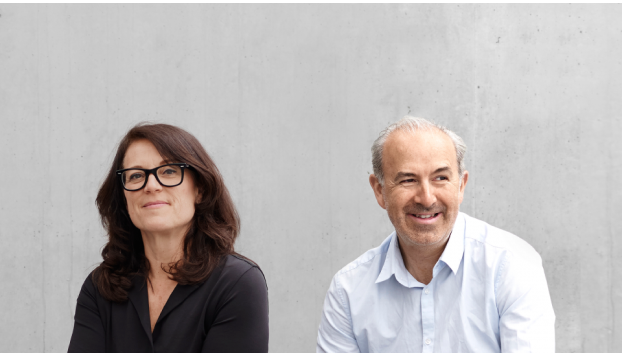
Sam Hecht and Kim Colin
Industrial Facility is a studio founded in 2002 by Sam Hecht and Kim Colin.
They approach their work from both sides - deep consideration of form and understanding of modern life, and reflecting beauty born from practicality in their work. Hecht, who is from London, trained as an industrial designer, and Colin, who is from Los Angeles, trained as an architect.
Their work is held in museums around the world, including New York, Paris, London, and Helsinki. They were awarded the Designers of the Year by Monocle magazine.
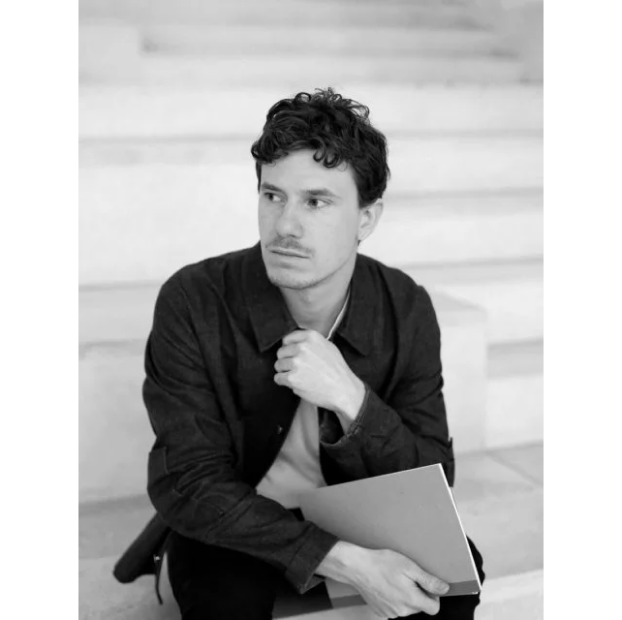
Rasmus Palmgren
Rasmus Palmgren is a young designer from Finland with experience in various Nordic countries.
Based on knowledge of craftsmanship, he believes that designers should take responsibility for limiting excessive consumption by creating solutions and structures that are suitable for production and repair. He trained as a cabinetmaker at Malmstens Linköping University in Sweden and has worked for Nikari and Claesson Koivisto Rune. He completed his Master's in Furniture Design at the Royal Danish Academy of Fine Arts in Copenhagen.
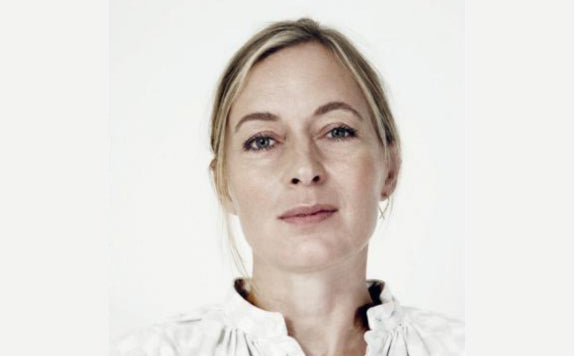
Cecilie Manz
Cecilie Manz was born to famous Danish ceramic artists.After graduating from the Royal Danish Academy of Fine Arts in Copenhagen - The School of Design in 1997 including exchange studies at the University of Art and Design in Helsinki, Cecilie Manz founded her own studio in Copenhagen in 1998. Here, she built an international career by collaborating with world-class manufacturers.
She works with design of industrial manufactured products and experimental prototypes and sculptural one-offs. Her works, which bring out the charm of all materials such as aluminum, leather, cloth, glass, iron, and wood, combine modest beauty with a strong presence.
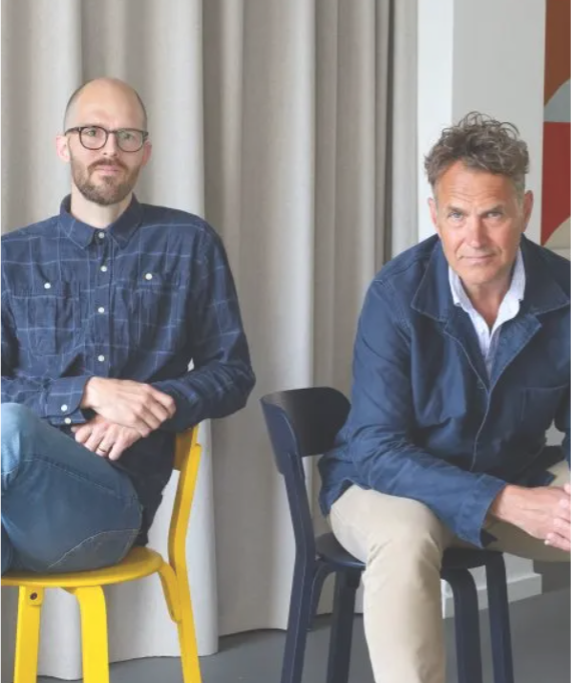
Lysemose & de Gier
ミカエル・リーゼモーゼとニコライ・デ・シアは、クラフトマンシップに対する情熱と責任ある素材の使用を反映した日常使いの家具をデザインしています。二人はデンマーク王立アカデミーで出会い、ミカエルは建築家として、ニコライは教授として家具デザイン修士課程の責任者を務めています。秋の家具職人展では共同で出展し、教会や美術館、レストランの家具や建具をデザインしてきました。TAKTではミカエルが製品開発者、ニコライがデザイン・ディレクターを務めています。
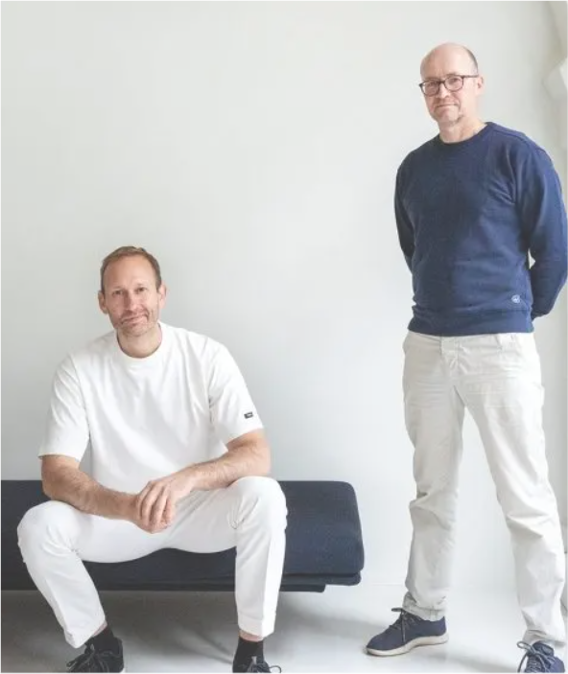
Anderssen & Voll
ノルウェーのオスロを拠点として活躍する「アンデシエン&ヴォル」はトルビョルン・アンデシエンとエスベン・ヴォルによるデザインユニットです。2人はそれぞれ美術学校を卒業した後、2000年にデザイングループ「Norwey Says」を設立。ノルウェーのデザイナーの間でいち早く世界に目を向けたデザイン活動を行い、Wallpaper Design Awards, Red Dot, iF Awardsなどの数々を受賞しています。









